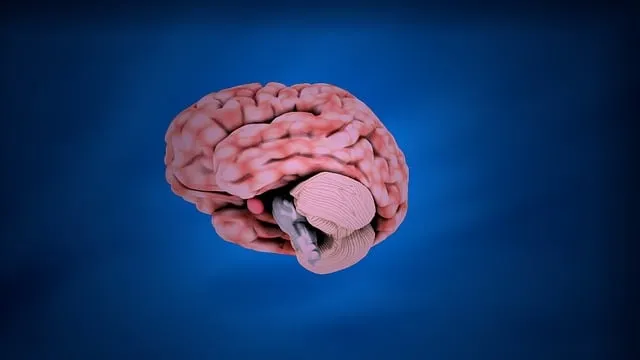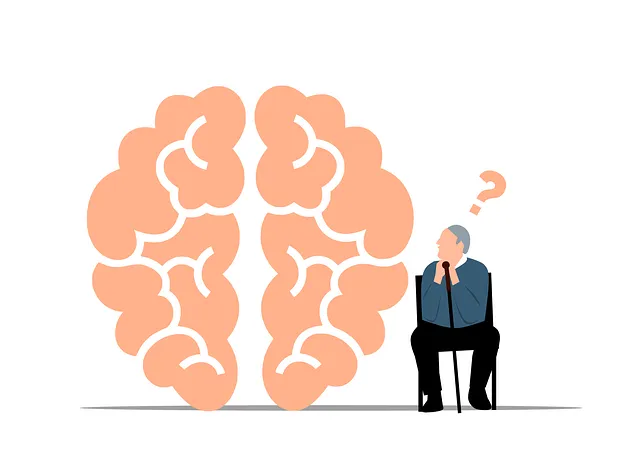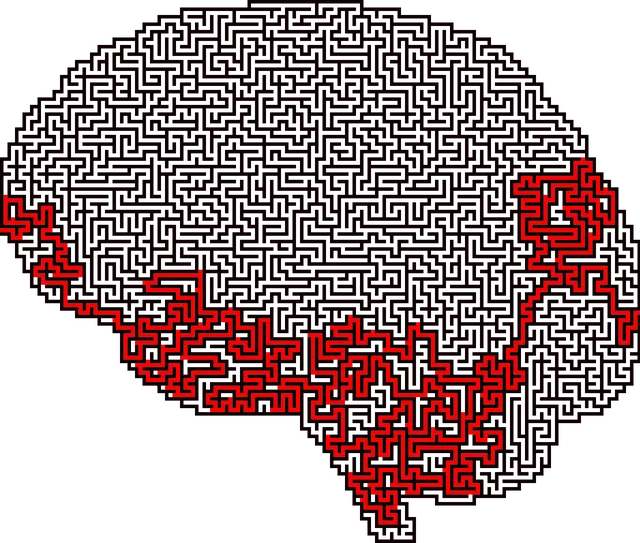Northglenn Kaiser Permanente mental health services face challenges like complex conditions, diverse symptoms, and cultural influences on depression, hindering accurate diagnoses. They address these through innovative solutions: training healthcare providers in cultural competency, implementing depression prevention initiatives, encouraging mental wellness journaling, and using advanced assessment tools. Their holistic approach includes burnout prevention for staff and personalized interventions, improving diagnosis accuracy and patient care. Comprehensive training programs, focusing on resilience-building and mood management, enhance provider insights and care quality. Patient-centric care plans with open communication and community outreach further elevate diagnostic accuracy and outcomes at Northglenn Kaiser Permanente.
Mental illness diagnosis accuracy has long been a point of concern in healthcare. This article delves into the multifaceted efforts aimed at enhancing precision, exploring current challenges and innovative solutions. We highlight the success of Northglenn Kaiser Permanente’s enhanced mental health services as a model for improvement. Through innovative assessment tools, advanced training, and patient-centric approaches, significant strides are being made to ensure accurate diagnoses and personalized treatment plans. Learn how these strategies are revolutionizing mental healthcare, with a particular focus on the transformative impact of Northglenn Kaiser Permanente’s initiatives.
- Understanding the Current Challenges in Mental Illness Diagnosis
- Northglenn Kaiser Permanente: A Model for Enhanced Mental Health Services
- Innovative Assessment Tools and Techniques for Improved Accuracy
- Training and Education: Empowering Healthcare Professionals
- Patient-Centric Approaches to Diagnosis and Treatment Planning
Understanding the Current Challenges in Mental Illness Diagnosis

Mental illness diagnosis faces significant challenges in accuracy and timeliness, impacting patient care at Northglenn Kaiser Permanente mental health services and similar healthcare facilities worldwide. The complexity of mental health conditions often leads to misdiagnosis or delayed identification. This is further complicated by the diverse presentation of symptoms across different demographics, posing a challenge for healthcare providers to accurately assess and diagnose.
Depression, for instance, manifests differently in various cultural contexts, necessitating enhanced cultural competency among healthcare providers. The lack of standardized screening tools tailored to diverse populations exacerbates the issue. Additionally, patients’ reluctance to disclose personal struggles or stigmatized perceptions surrounding mental health can hinder open communication with healthcare providers, further complicating diagnosis efforts. Effective solutions require a multi-faceted approach, including Healthcare Provider Cultural Competency Training, Depression Prevention initiatives, and encouraging Mental Wellness Journaling Exercises to facilitate better patient-provider interactions and more precise diagnoses.
Northglenn Kaiser Permanente: A Model for Enhanced Mental Health Services
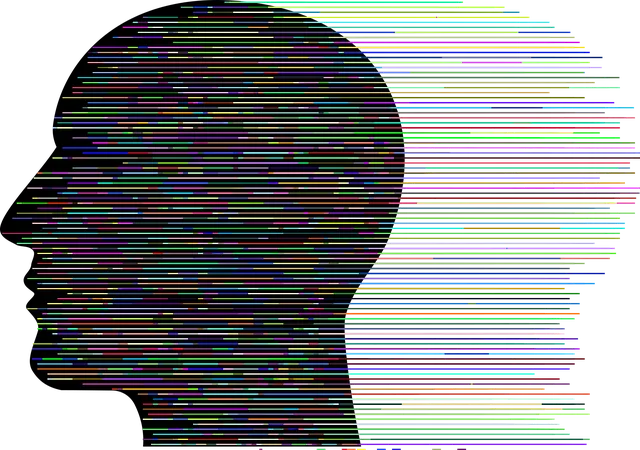
Northglenn Kaiser Permanente stands as a beacon of innovation in mental health services, offering a comprehensive approach that sets a benchmark for the industry. Their dedication to improving diagnosis accuracy involves integrating advanced assessment tools and implementing tailored interventions based on individual patient needs. By prioritizing early identification and evidence-based practices, Northglenn Kaiser Permanente ensures a holistic care experience, addressing not just symptoms but also the underlying factors contributing to mental health issues.
This healthcare provider’s commitment extends to burnout prevention strategies for their workforce, recognizing that caregiver well-being is intrinsically linked to patient outcomes. They provide crisis intervention guidance and promote sustainable work-life balance, empowering healthcare providers to deliver optimal care without compromising their own mental health. The result is a supportive environment where both patients and caregivers can navigate the complexities of mental illness with enhanced resilience and improved diagnosis accuracy.
Innovative Assessment Tools and Techniques for Improved Accuracy
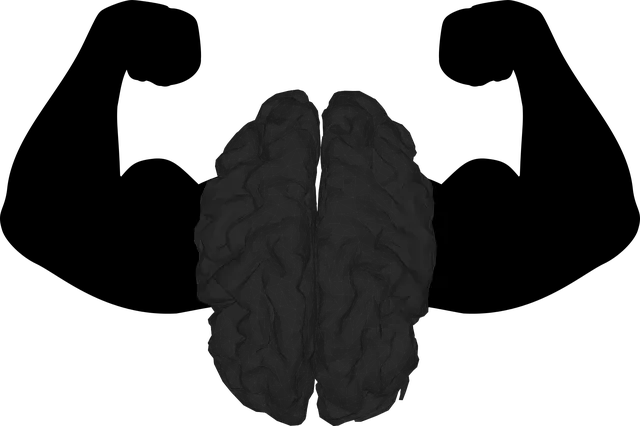
Mental health professionals at Northglenn Kaiser Permanente are continually striving to enhance diagnosis accuracy through innovative assessment tools and techniques. This involves integrating advanced technologies, such as AI-driven diagnostic aids, to supplement traditional methods like comprehensive clinical interviews and psychological testing. These cutting-edge approaches aim to capture subtle nuances in patient presentations, leading to more precise diagnoses.
For instance, Burnout Prevention Strategies for Healthcare Providers, grounded in fostering Emotional Intelligence and Self-Awareness Exercises, play a pivotal role in improving diagnostic accuracy. By enhancing the emotional and cognitive capabilities of mental health professionals, these strategies enable them to better interpret complex patient behaviors and symptoms, thereby reducing misdiagnosis rates. This holistic approach not only improves individual provider performance but also creates a more supportive and effective clinical environment for both providers and patients at Northglenn Kaiser Permanente.
Training and Education: Empowering Healthcare Professionals

At Northglenn Kaiser Permanente, mental health services are at the forefront of their mission to improve diagnosis accuracy and patient care. A significant aspect of this effort is focused on training and education, empowering healthcare professionals with the latest knowledge and skills. By investing in ongoing professional development, the organization ensures that its staff stays abreast of advancements in mental health research and practice. This includes specialized training in areas such as Inner Strength Development, where practitioners learn to help patients cultivate resilience and coping mechanisms.
The educational initiatives also emphasize mood management techniques and strategies for depression prevention. Through workshops, seminars, and interactive learning sessions, healthcare providers gain a deeper understanding of various mental health conditions, enabling them to make more precise diagnoses. This comprehensive approach not only improves the accuracy of mental illness diagnoses but also enhances the overall quality of care provided by Northglenn Kaiser Permanente.
Patient-Centric Approaches to Diagnosis and Treatment Planning

At Northglenn Kaiser Permanente, mental health services take a patient-centric approach to diagnosis and treatment planning. This means understanding each individual’s unique experiences, needs, and preferences to create personalized care plans. By involving patients actively in their treatment journey, healthcare providers can improve diagnostic accuracy and ensure more effective support. Patient-focused strategies, such as open communication, shared decision-making, and tailored interventions, empower individuals to take ownership of their mental well-being.
This patient-centric model also emphasizes the importance of social skills training, which can help individuals navigate relationships and social environments with greater ease. Additionally, Northglenn Kaiser Permanente leverages Public Awareness Campaigns Development and Community Outreach Program Implementation initiatives to foster a supportive environment. These efforts aim to raise public awareness about mental health, reduce stigma, and promote early intervention—all crucial steps in enhancing diagnosis accuracy and improving outcomes for those seeking mental health services.
Mental illness diagnosis accuracy has long presented significant challenges, but through innovative approaches like those demonstrated by Northglenn Kaiser Permanente’s enhanced mental health services, we can see promising progress. By integrating advanced assessment tools, prioritizing comprehensive training for healthcare professionals, and adopting patient-centric strategies, we can improve diagnostic precision and ultimately enhance patient outcomes. These efforts not only contribute to the overall improvement of mental health care but also offer a roadmap for other institutions to follow, fostering a more effective and compassionate system.
